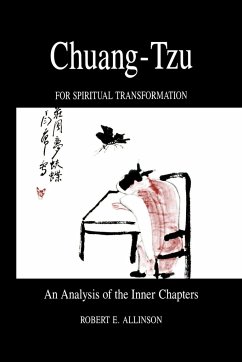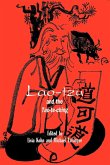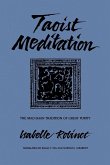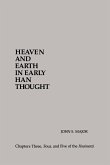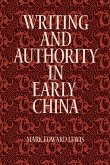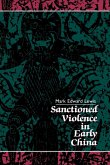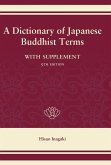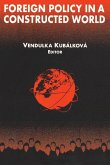This book offers a fundamentally new interpretation of the philosophy of the Chuang-Tzu. It is the first full-length work of its kind which argues that a deep level cognitive structure exists beneath an otherwise random collection of literary anecdotes, cryptic sayings, and dark allusions. The author carefully analyzes myths, legends, monstrous characters, paradoxes, parables and linguistic puzzles as strategically placed techniques for systematically tapping and channeling the spiritual dimensions of the mind. Allinson takes issue with commentators who have treated the Chuang-Tzu as a minor foray into relativism. Chapter titles are re-translated, textual fragments are relocated, and inauthentic, outer miscellaneous chapters are carefully separated from the transformatory message of the authentic, inner chapters. Each of the inner chapters is shown to be a building block to the next so that they can only be understood as forming a developmental sequence. In the end, the reader is presented with a clear, consistent and coherent view of the Chuang-Tzu that is more in accord with its stature as a major philosophical work.
Hinweis: Dieser Artikel kann nur an eine deutsche Lieferadresse ausgeliefert werden.
Hinweis: Dieser Artikel kann nur an eine deutsche Lieferadresse ausgeliefert werden.

